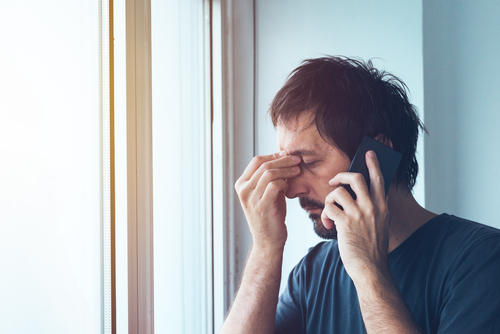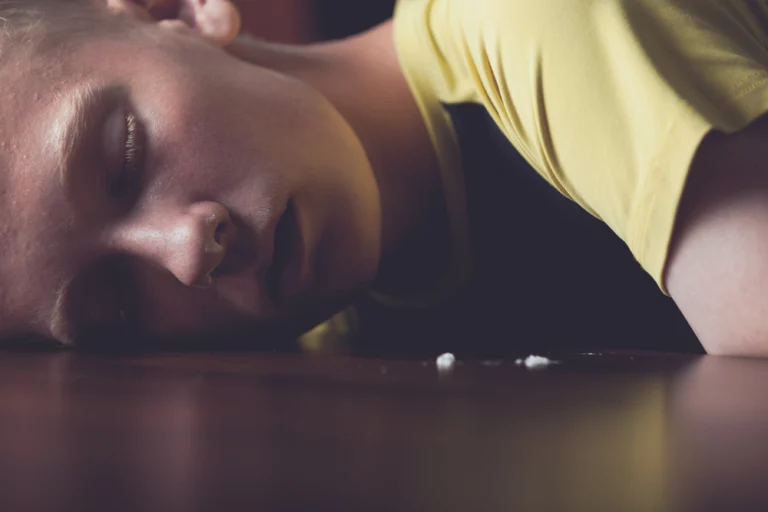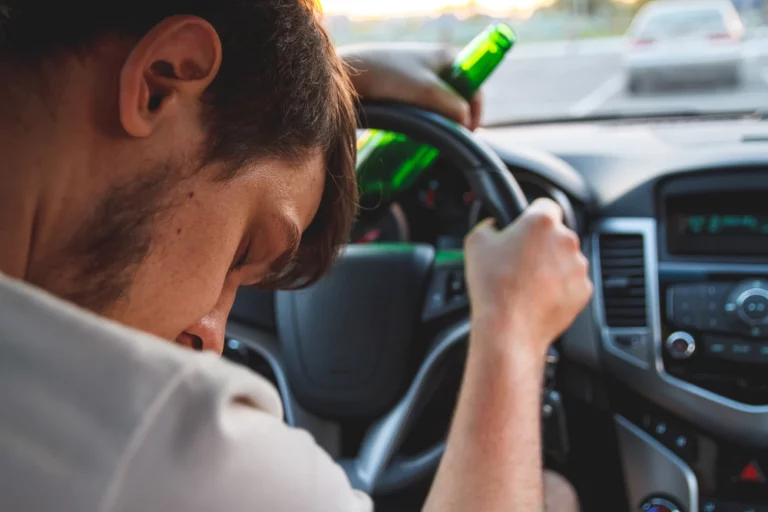What Is Cocaine Paranoia & Can You Treat It?
The Americas have the highest number of recreational cocaine users in the world, and usage is on the rise. The stimulant drug is known for increasing energy and inducing a sense of euphoria for users. Still, the highly addictive and illicit substance is also incredibly dangerous and can lead to feelings of delusions and paranoia.
Cocaine paranoia can impact anyone, from casual to heavy users, so it is important to understand the long-lasting cognitive impact and damage that this drug can cause. In this latest blog, we thought we would look closer at the condition, the symptoms, and how to take the first steps toward your recovery.

What Is Cocaine Paranoia?
Cocaine is a Schedule II drug, which means it is not only highly likely to be misused, but users can quickly become dependent on it. The drug provides a stimulant effect to users, which can last up to three hours; however, it can also induce symptoms of paranoia and psychosis.
While not every user experiences cocaine paranoia, research has found that 84% of users have reported experiencing agitation, hallucinations, delusions, violence, suicidal ideations, and homicidal thinking. Studies are still determining exactly how the drug leads to these feelings, but health experts believe it’s due to a range of factors, including age, the dosage taken, how it was taken, and underlying mental health conditions.
Whatever might be causing it, users report that they feel worried about their situation and find it difficult to maintain relationships with friends and family. These feelings are often short-lived to begin with, lasting several days, but with increased cocaine usage, they can last much longer and require professional support.
Read more: Party Drugs: Types, Dangers, & Long-Term Effects

What Are The Symptoms Of Cocaine Paranoia?
Feelings of paranoia are a natural part of life, and we will all experience them sometimes. However, cocaine-induced paranoia is far more intense and can leave individuals feeling intensely alone and frightened for longer periods, which only grows stronger as their dependency on the drug increases.
Paranoia can manifest itself in a wide range of factors, but some of the most common warning signs to look out for include:
- Constantly feeling suspicious and wary, even of friends and family
- Hostility toward other people
- Fixated in a belief that someone is out to get them
- Low trust in anyone
- Low confidence and removing themselves from active life
- Believing in conspiracy theories
- Struggling to maintain existing relationships or build new ones
As the paranoia and cocaine dependency increase, some individuals may also start to have suicidal thoughts and urges.
How Long Does Cocaine Paranoia Last?
There is no set period for how long individuals will feel cocaine paranoia. Some individuals, especially those who are not heavy users, might find that it only lasts a few hours. Others might find that it lasts several days and weeks, even as the drug leaves the body, due to the brain having to readapt to working without the drug in your system. The more cocaine is used and the longer an addiction goes on, the more powerful these feelings become, and the longer they take to wear off.
Getting Help With Cocaine Paranoia
The most effective way to stop cocaine paranoia is to treat the dependency on the drug. If you or a loved one are looking for support with addiction, then Oasis Recovery Center is here for you. We were founded following first-hand experience in addiction and recovery and are committed to delivering compassionate and loving care to every patient we welcome.
Learn more: Can You Force Someone Into Rehab Without A Court Order?
To ensure a tailored approach to our care, we offer a wide range of services to ensure we can target every aspect of addiction. This includes:
- Partial Hospitalization Programs (PHP): This is designed to help clients who need full-time treatment and covers a broad range of holistic exercises and therapies to support the early stages of addiction recovery. The work individuals undertake here will help them build a community of peers and understand techniques and tools to overcome their feelings.
- Intensive Outpatient Program (IOP): The IOP program allows clients to live in a sober living residence or at their current home while having them attend our clinical building for a few hours each day. This supports them returning to family life, work, and education while remaining in a monitored and caring environment.
- Aftercare: We know that your road to recovery from cocaine paranoia doesn’t end when you leave our facility. That is why we have an extensive aftercare program designed to allow patients to remain in our recovery community. We also provide individual and group therapy, medication management, and dual diagnosis treatment.
If you want to learn more about our services, contact our friendly team today.








